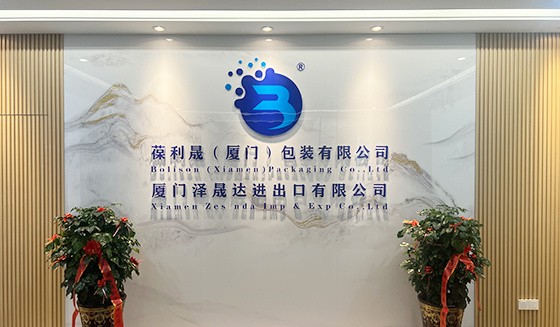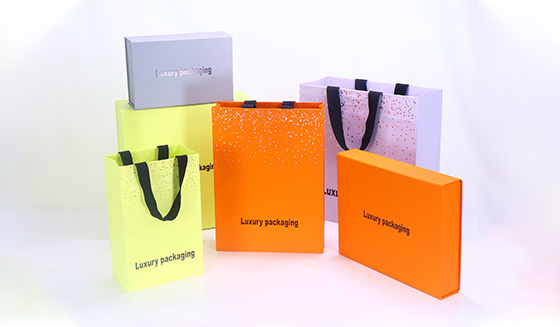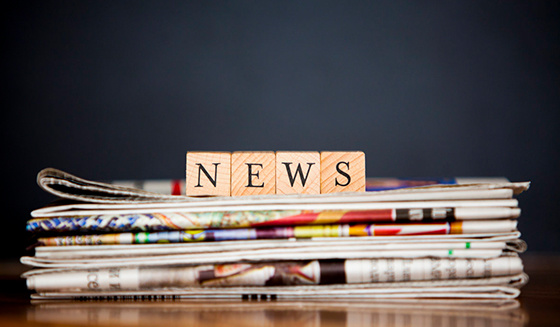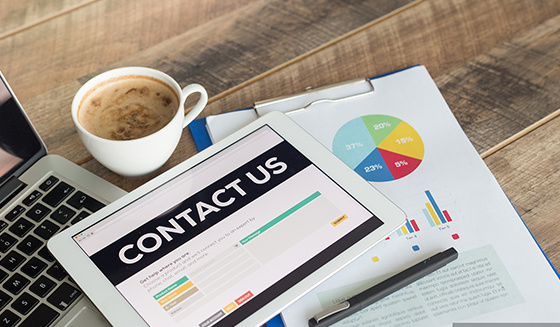30
2025
-
06
Expert Tips for Designing Eye-Catching Foldable Cardboard Boxes
Expert Tips for Designing Eye-Catching Foldable Cardboard Boxes Introduction to Foldable Cardboard Boxes In today’s competitive marketplace, **packaging** serves as a crucial element in product presentation. Foldable cardboard boxes, known for their versatility and eco-friendliness, have emerged as a popular choice among businesses. They are lightweight, easy to assemble, and can be customized to
Expert Tips for Designing Eye-Catching Foldable Cardboard Boxes
Introduction to Foldable Cardboard Boxes
In today’s competitive marketplace, **packaging** serves as a crucial element in product presentation. Foldable cardboard boxes, known for their versatility and eco-friendliness, have emerged as a popular choice among businesses. They are lightweight, easy to assemble, and can be customized to reflect your brand identity. However, the challenge lies in designing boxes that not only serve their functional purpose but also attract consumers' attention. This guide offers comprehensive tips for creating eye-catching foldable cardboard boxes that enhance your products and leave a lasting impression.
Table of Contents
- Understanding the Importance of Design
- Key Elements of Eye-Catching Packaging
- Utilizing Color and Graphics Effectively
- Choosing the Right Materials for Your Box
- Ensuring Functionality in Design
- Sustainable Packaging Solutions
- Testing and Getting Feedback
- Conclusion
Understanding the Importance of Design
The design of your foldable cardboard box can significantly impact your product's market performance. A well-designed package not only protects the product but also acts as a marketing tool. Consumers often make purchasing decisions based on first impressions, and packaging design plays a pivotal role in that process. Eye-catching designs can lead to increased sales, improved brand recognition, and enhanced customer loyalty. By understanding the importance of design, you lay the foundation for creating impactful packaging solutions.
Key Elements of Eye-Catching Packaging
When it comes to designing foldable cardboard boxes, several key elements contribute to an eye-catching presentation.
1. Shape and Structure
The shape of your box can draw attention. Unique shapes or innovative folds can set your product apart from competitors. For example, consider a hexagonal box instead of a traditional rectangular one to intrigue consumers.
2. Visual Appeal
The visual aspects of your package, including images, logos, and typography, must align with your brand identity. Clear and attractive visuals communicate your brand message effectively.
3. Size and Proportions
The size of the box should correspond with the product inside. A well-fitted box not only protects the product but also conveys professionalism.
4. Texture and Finish
Incorporate different textures and finishes, such as matte, glossy, or embossed effects, to create tactile interest that appeals to consumers.
Utilizing Color and Graphics Effectively
Color and graphics are powerful tools in packaging design. They evoke emotions and can attract or repel consumers.
1. Color Psychology
Different colors evoke different feelings. For example, blue can convey trust and professionalism, while red can create a sense of urgency. Choose colors that resonate with your target audience and enhance your brand message.
2. Graphic Elements
Incorporate high-quality imagery and graphics that reflect your brand ethos. Ensure that any text is legible and complements the overall design.
3. Consistency Across Branding
Maintain consistency in color schemes and graphic styles across your product lines to enhance brand recognition. Familiarity breeds trust in consumers’ minds.
Choosing the Right Materials for Your Box
Material selection is a critical factor in the design of foldable cardboard boxes. The right material ensures durability and aesthetic appeal.
1. Cardboard Thickness
Select cardboard thickness based on the weight and fragility of the product. Thicker cardboard provides more protection but may increase shipping costs.
2. Eco-friendly Options
Sustainable materials are increasingly important to consumers. Consider using recycled cardboard or biodegradable coatings to appeal to environmentally conscious customers.
3. Coatings and Inks
Choose non-toxic inks and coatings that are safe for consumers. Water-based inks are often preferable for their environmental benefits.
Ensuring Functionality in Design
An attractive design must also be functional. Consider the following aspects to ensure your box meets practical needs:
1. Ease of Assembly
Design boxes that are easy to assemble. A complicated assembly process can lead to frustration for customers and deter purchases.
2. User Experience
Think about how customers will interact with your packaging. Consider features like easy opening mechanisms, resealable options, or handles for convenience.
3. Shipping Efficiency
Design boxes that maximize space during shipping. Efficient packing reduces shipping costs and can enhance your bottom line.
Sustainable Packaging Solutions
With growing concerns about environmental impact, integrating sustainable practices into your packaging design is not just a trend; it’s a necessity.
1. Eco-Friendly Materials
Utilize recyclable or compostable materials to minimize waste. Highlight these features on your packaging to attract eco-conscious consumers.
2. Minimalist Design
Adopting a minimalist design reduces material use and waste. Focus on what is essential, which can also streamline production costs.
3. Reusable Packaging
Consider designing boxes that customers can reuse for storage or gift-giving, adding value to the packaging itself.
Testing and Getting Feedback
Once your designs are complete, testing and gathering feedback is crucial for success.
1. Prototype Development
Create prototypes of your foldable cardboard boxes to evaluate their design and functionality. This step allows you to identify any issues before mass production.
2. Focus Groups
Conduct focus groups or surveys to gather insights from potential customers. Their feedback can guide improvements and enhancements.
3. Iteration Based on Feedback
Be prepared to iterate on your designs based on feedback. Continuous improvement is key to staying competitive in the marketplace.
Conclusion
Designing eye-catching foldable cardboard boxes involves a thoughtful blend of creativity, functionality, and sustainability. By understanding the importance of design and incorporating key elements like color, material choice, and user experience, businesses can create packaging that not only protects their products but also enhances brand identity and appeals to consumers. Through effective testing and adaptation, companies can refine their designs and stay ahead in the ever-evolving world of packaging. Embrace these expert tips to elevate your foldable cardboard box designs and make a lasting impression in the marketplace.
foldable cardboard boxes






